Today, NPR announced they will be departing Twitter but that doesn’t seem to be enough satisfaction for Twitter’s owner Elon Musk, who tweeted a brief but eye-opening reply to NPR for flying away from the bird app.
As we reported earlier today, a week after Musk designated NPR as “state-funded media,” the organization decided today to depart the platform, despite having 8.8 million followers. We also noted that if Musk were to respond to NPR leaving Twitter that it likely won’t be to beg for their return. It’s safe to say our assumption was accurate.
Musk tweeted a screenshot of an email about why he would label NPR as state-funded (since changed to Government-funded, as if that matters). Musk was specifically asked what his reaction is to the possibility that NPR’s move could be mimicked by other news organizations.
Musk doesn’t show what — if any — response he wrote in the email but he replied to his own tweet by writing, “Defund NPR.”
The reply has earned over 60,000 likes in one hour.
It also received a response from controversial Congresswoman Lauren Boebert who stated, “I’ve been saying this for a while now. Let’s get it done!”
So, what does it mean to defund NPR? Well, one has to first understand how NPR receives funding.
Many of NPR’s member stations — independent and locally owned news organizations — receive money from taxpayers through federal funding, mostly from grants associated with the Corporation for Public Broadcasting. Those funds exceed $60 million a year and those stations then pay dues and numerous fees to NPR. In addition, NPR also receives money through corporate sponsorships which, in a defunding scenario, would theoretically not be affected.
Musk’s suggestion is actually not new, as numerous conservative voices who strongly believe that NPR has become a left-leaning news organization question why their money should go to such an organization when the intent is that they are supposed to deliver news in a non-biased form.
Of course, not everyone agrees that NPR has become more liberal but that might not matter because even if it’s determined that they are, then defunding them may not be the best answer. In fact, the key is to decide who would make that determination. If it’s then determined that they are bias then the result should be to become less bias, not to be effectively wiped out altogether.
However, in our politically motivated world, making things better is less controversial and thus less appealing of a suggestion than destroying something, especially if that something is perceived as the opposition. Reason itself has little place in politics or social media debates, for that matter. Hence why the unreasonable gain popularity and perhaps why everyone in this scenario has such popularity.


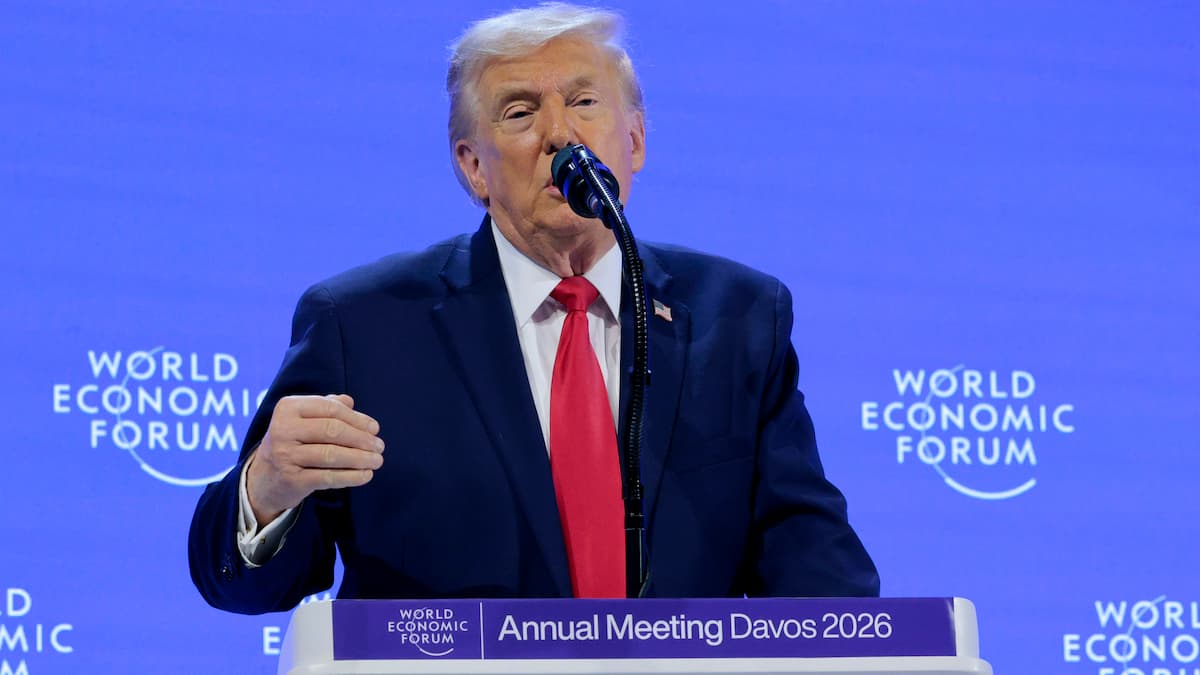
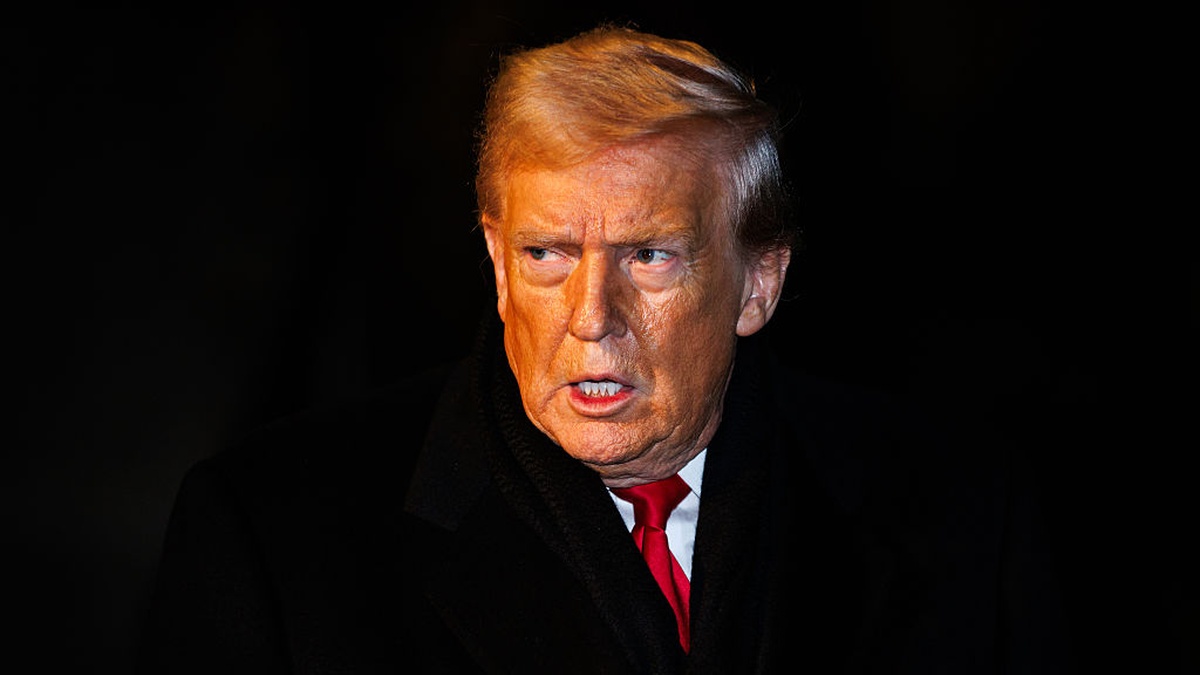
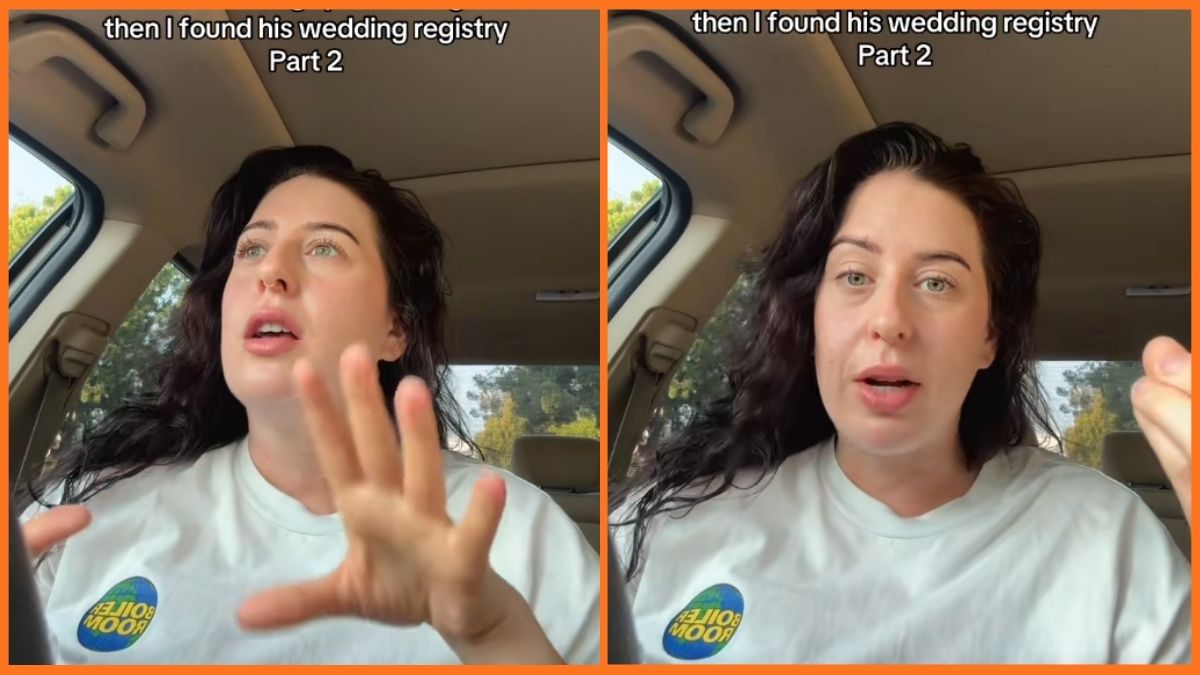
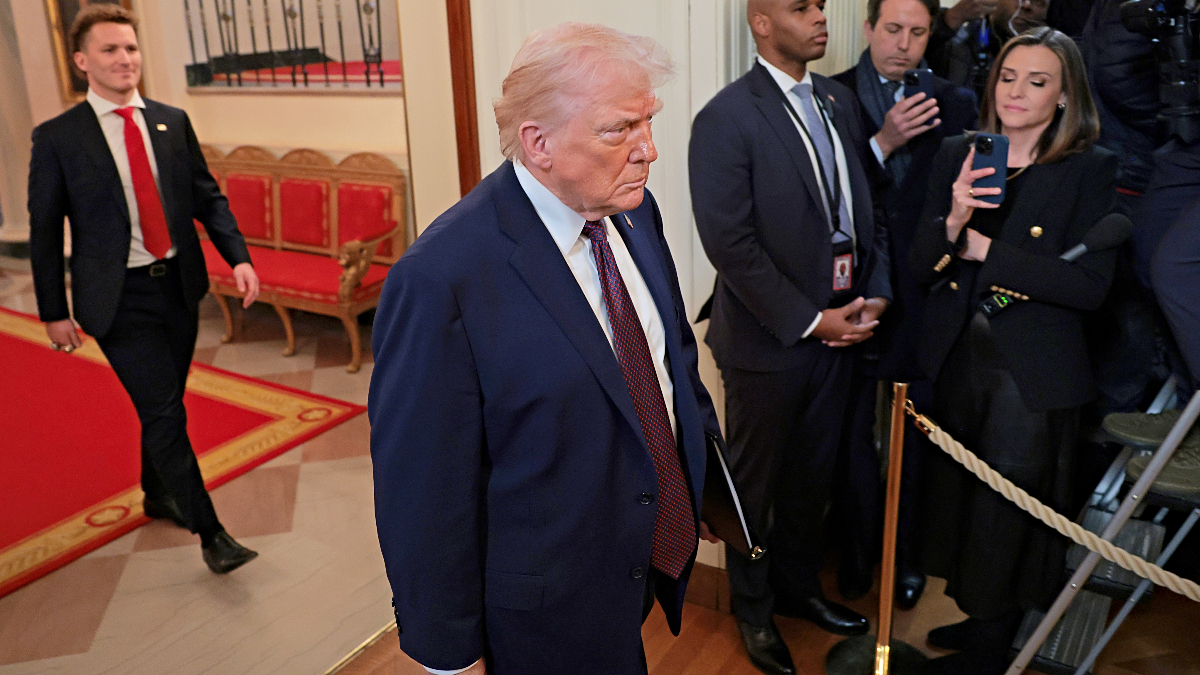
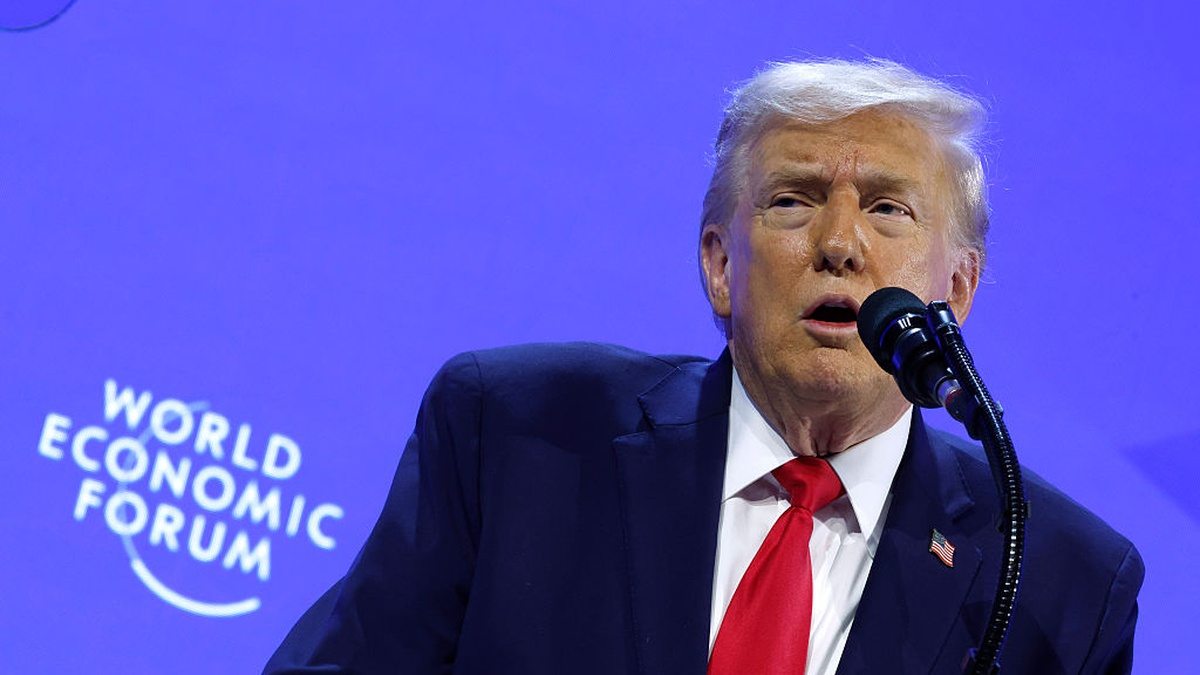




Published: Apr 12, 2023 04:18 pm